Build your personal resilience and gain the tools to be able to bounce back from adversity and to learn from experience. Just like going to the gym, you can ‘train your resilience’ and enhance your personal ability to use it. This course will focus on helping you to access tools and strategies to further build your resilience and give you greater insight on areas for growth and development.
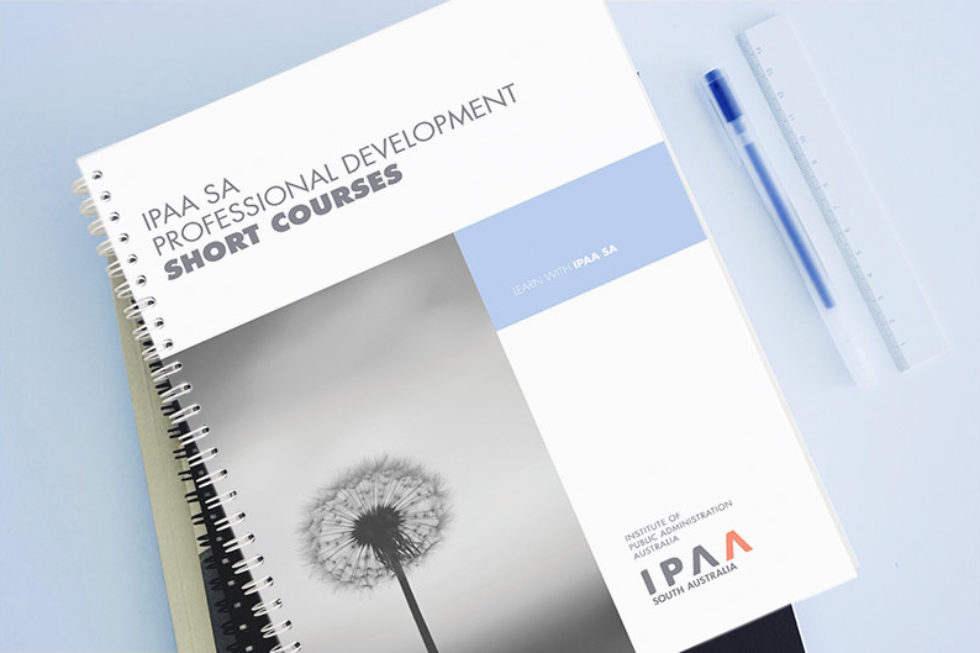
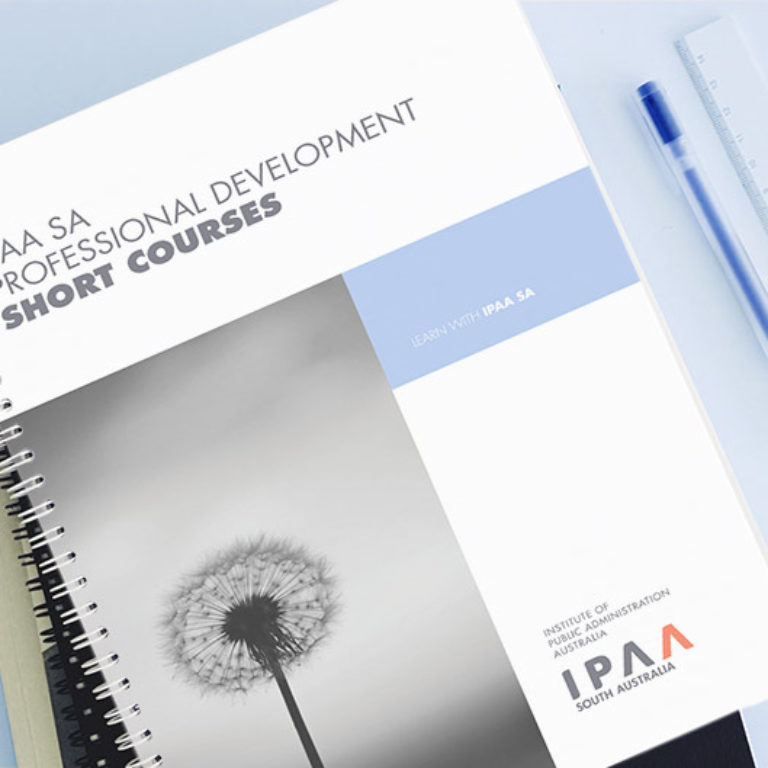
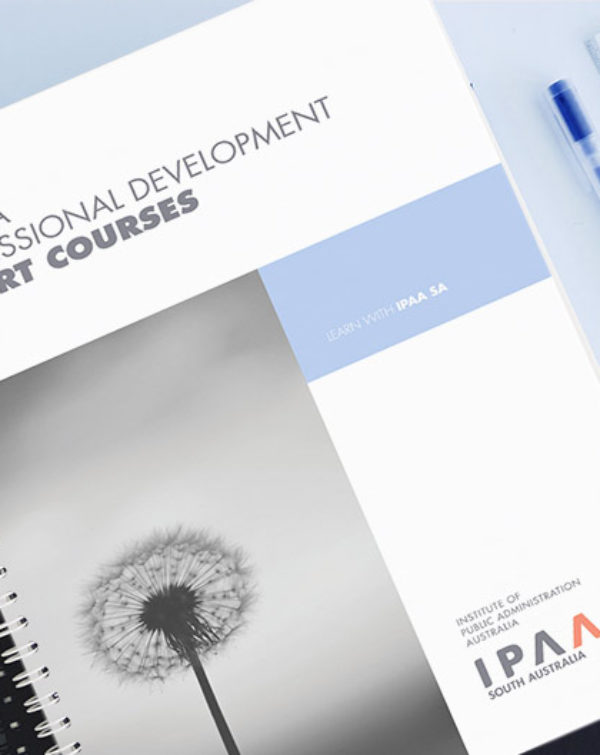
“The presenter provided multiple practical strategies for attendees to use. In addition, the handbook provides the capability for follow-up strategies.”
Sean
SA Police
“The presenters were engaging, knowledgeable and inclusive of everyone.”
Katie
Education Department
Are you a decision-maker? Improve your ability to apply critical thinking and problem solving to achieve goals and find clever solutions. This course will help you hone your agile critical thinking skills to size up situations, realise potential where others may not, and seize new opportunities.
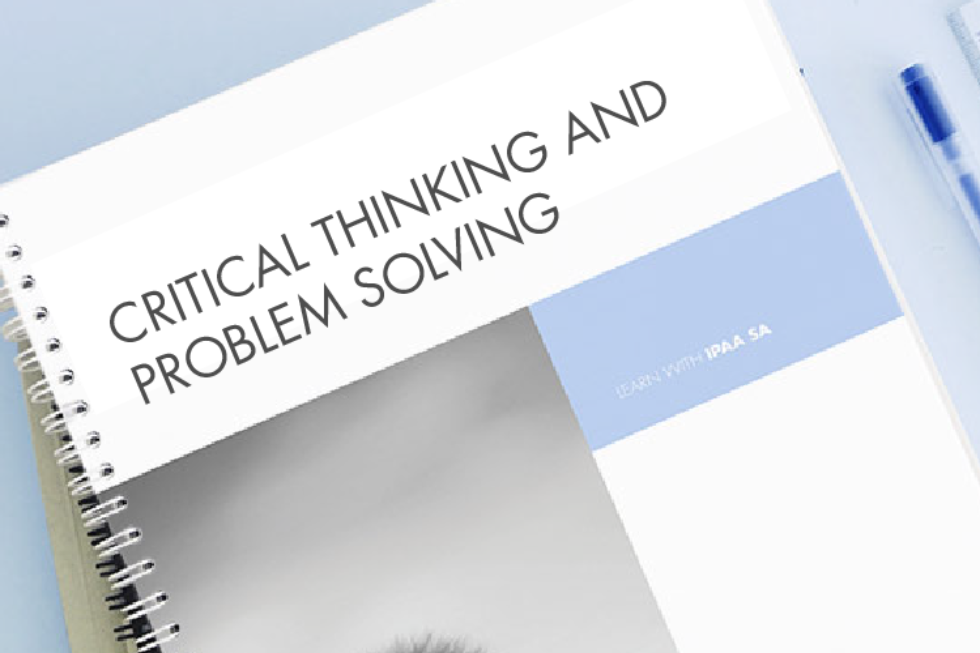
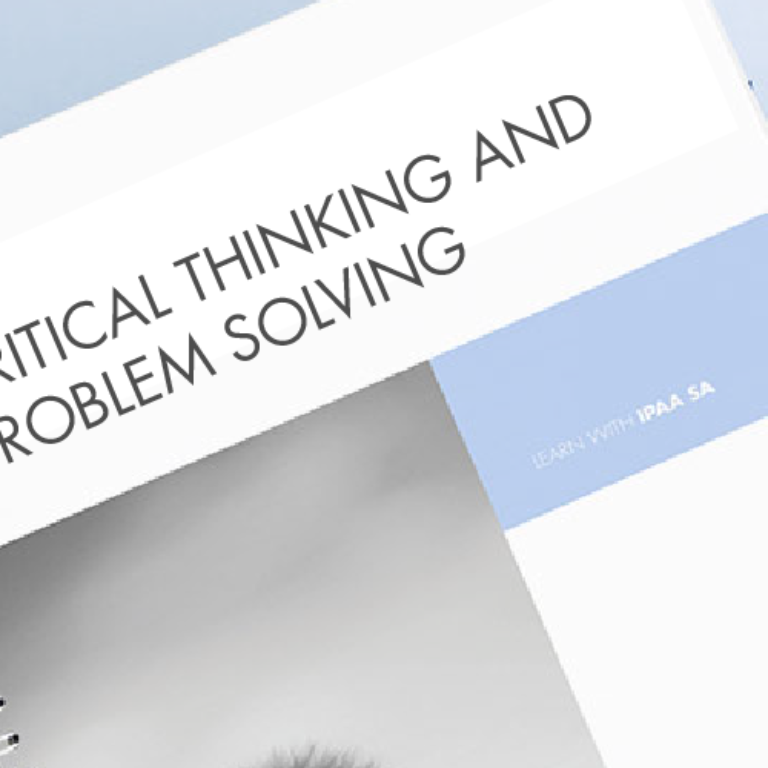
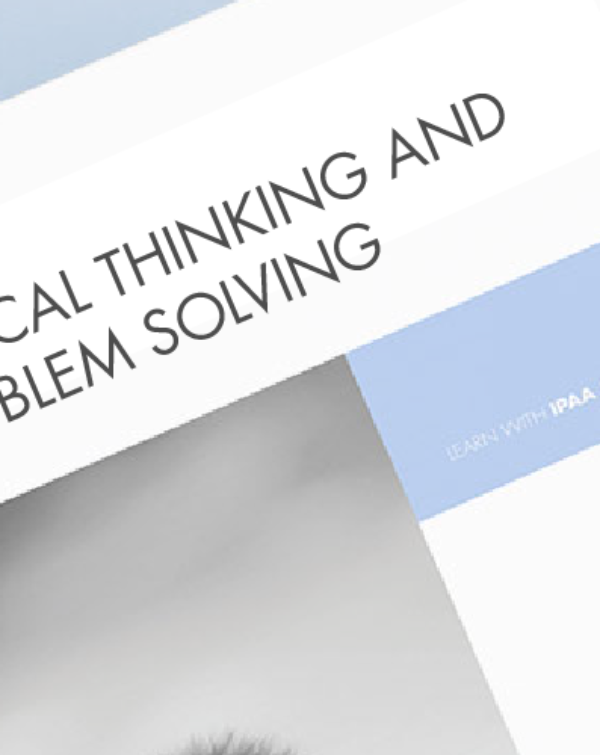
“Great tools and resources to apply at work from tomorrow”
Dept of Human Services
Build your personal resilience and gain the tools to be able to bounce back from adversity and to learn from experience. Just like going to the gym, you can ‘train your resilience’ and enhance your personal ability to use it. This course will focus on helping you to access tools and strategies to further build your resilience and give you greater insight on areas for growth and development.



“The presenter provided multiple practical strategies for attendees to use. In addition, the handbook provides the capability for follow-up strategies.”
Sean
SA Police
“The presenters were engaging, knowledgeable and inclusive of everyone.”
Katie
Education Department
Managing the wellbeing of your team is an essential part of leadership. Gain an understanding of mental health and mental illness, as well as how to have conversations with staff about associated workplace behaviours. Through this course you will become familiar with your “mental health”, obligations as a manager and leader, and refine your practical skills in how to discuss mental health in a work context from a performance point of view. You will also explore the concepts of stress and resilience at the individual, team and organisational levels and formulate a practical plan to address these.



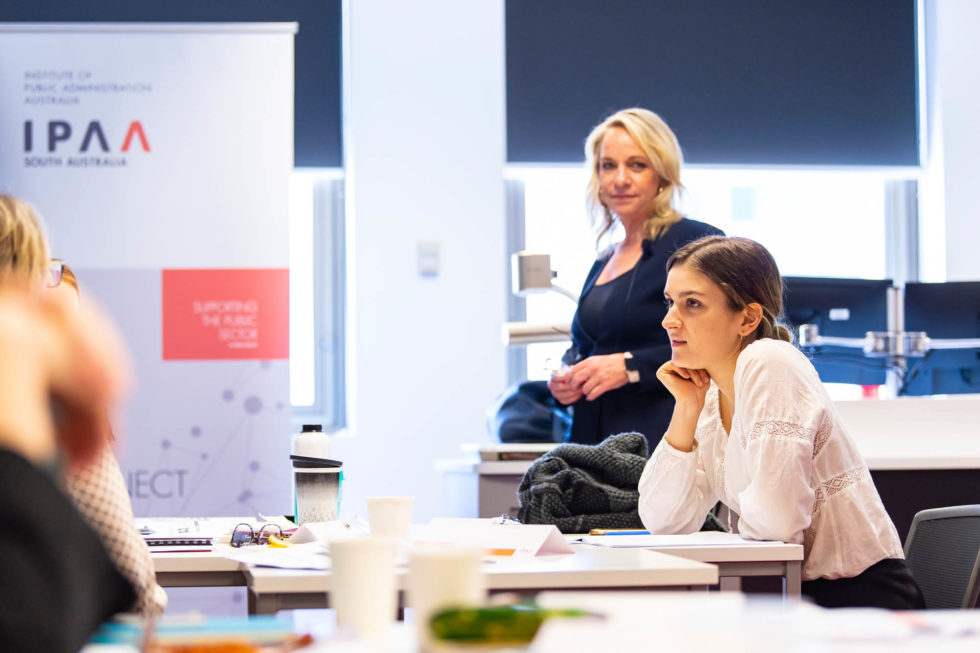
This course is part of the 21st Century Manager series. Register for the full series and save up to 10%.
More informationThe 21st Century Manager series is comprised of 6 half-day units that address core management competencies:
“[I gained] greater understanding of mental illness. How to manage this issue sensitively and positively.”
A
“[The most positive aspect of the course was] the tool kit for how to recognise mental health issues, provide support and initiate difficult conversations.”
A
“Excellent course very useful wish I had done it years ago.”
A
“The presenter was able to deliver a very difficult topic in way that was both engaging and informative.”
A